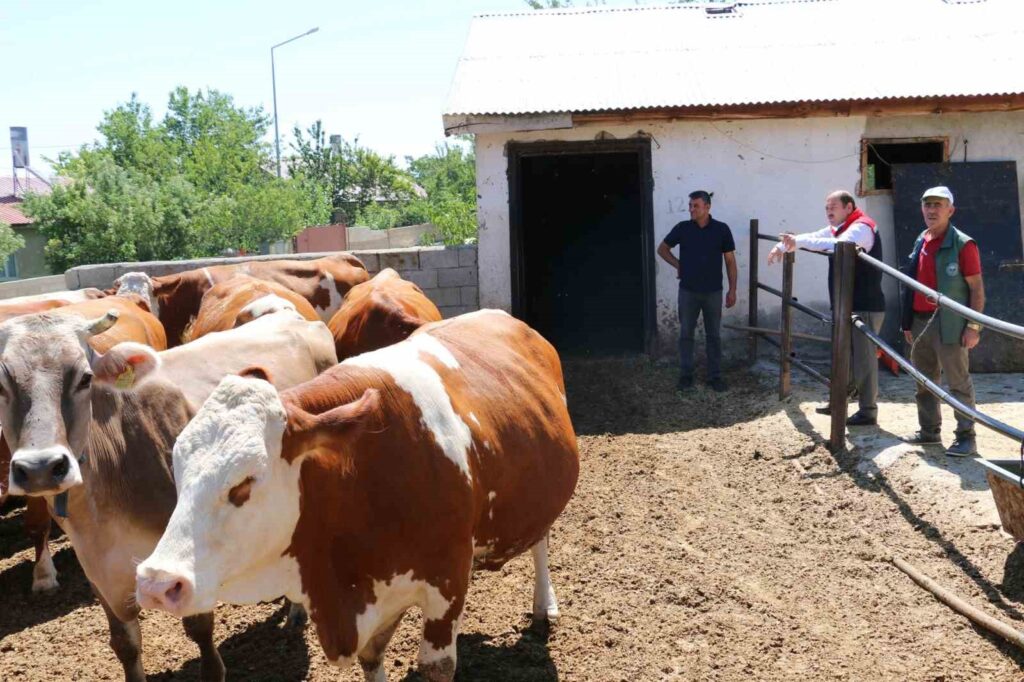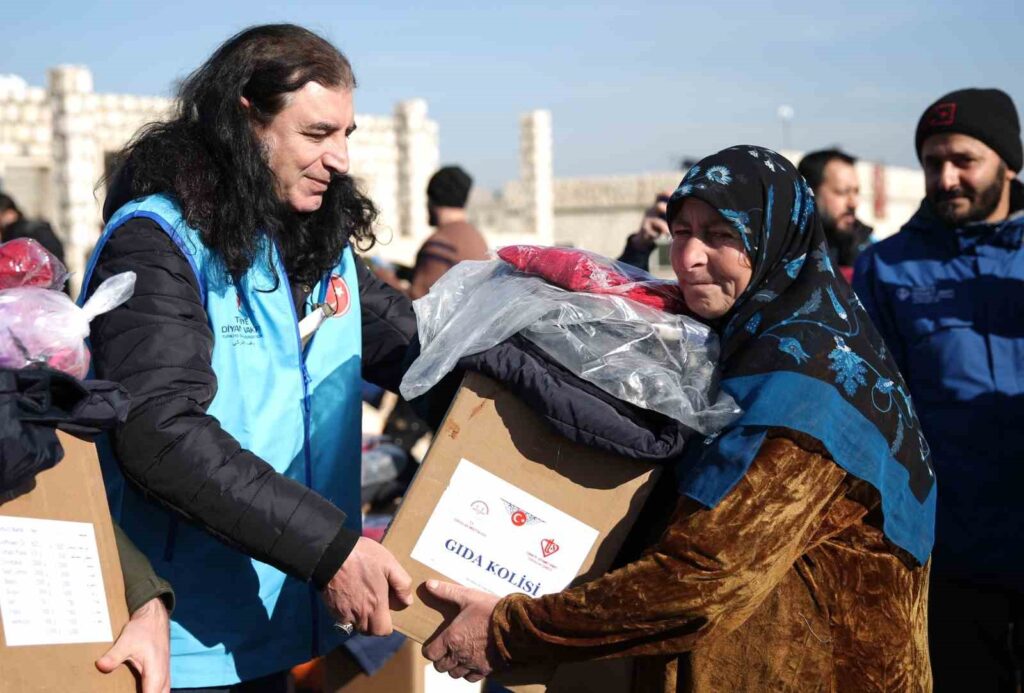Beware of temperature warnings from experts
Despite the increasing temperatures in recent days, experts have issued warnings, stating that ‘Heatstroke, which can affect even healthy individuals, can lead to various diseases such as heatstroke, brain hemorrhage, and heart attack.’ Experts point out that the hot weather brought by the summer season …

Experts have been warning against the increasing temperatures in recent days, stating that ‘Heat stroke, brain hemorrhage, heart attack, and many other diseases that can affect even healthy individuals can be caused by excessive heat.’ Experts have been warning about heat strokes due to the hot weather brought by the summer season, emphasizing the need to increase water consumption as fluid loss and electrolyte imbalance in the body are increased in extreme heat. Excessive heat, which can cause heat stroke, brain hemorrhage, heart attack, and many other diseases even in healthy individuals, poses a greater risk for hypertensive, diabetic, and heart patients. Therefore, if possible, it is advised not to go outside between 11:00-16:00, and those who do go out should try to stay in the shade. Wearing a hat and cooling the hands, face, neck, and arms with water is recommended. Taking a lukewarm shower when returning home will help balance body temperature. Water consumption should be increased as fluid loss and electrolyte imbalance occur in extreme heat. If there is no disease requiring fluid restriction, it is necessary to consume 2.5 liters of water per day.
Experts underline the importance of consuming at least 2-2.5 liters of fluids every day, even if there is no feeling of thirst in hot weather. They suggest that intense physical activities and sports should be preferred in the morning and evening, and at least 2-4 glasses of fluid should be consumed for every hour of sports. Avoid heavy physical activities. Adults and the elderly at risk should be monitored for sunstroke or heat stroke at least twice a day. Babies should be monitored more frequently in this regard. Babies, children, disabled individuals, and animals should never be left in closed or parked vehicles. The temperature inside vehicles rises shortly after being parked, even if there is air conditioning. Make sure everyone exits the vehicle when leaving it. Closed spaces should be well ventilated. Sun-exposed windows should be shaded with curtains or blinds. Taking frequent showers to prevent body temperature from rising; in cases where this is not possible, feet, hands, face, and neck should be wetted or wiped with cold water. At least 2-2.5 liters (12-14 glasses) of fluids should be consumed daily, even if there is no feeling of thirst. To increase body resistance and ensure an adequate intake of vitamins and minerals, a large amount of vegetables and fruits should be consumed. To prevent increased fluid and mineral loss due to sweating, larger amounts of fluids should be consumed compared to usual. While water intake is essential in fluid intake, in non-water fluid intake, beverages such as milk, buttermilk, and fruit juice should be preferred over coffee, tea, and carbonated drinks. If fluid intake is restricted by a doctor or if diuretics are used, it is necessary to consult the relevant doctor. Very cold and icy drinks should not be preferred as they can cause stomach cramps. Caffeine, alcohol, and beverages containing excessive amounts of sugar should not be consumed as they lead to increased fluid loss from the body. Avoid consumption of foods sold outside and in the open, perishable foods (meat, eggs, milk, fish, etc.) should not be left out in the open, and hygiene rules should be followed during the preparation and cooking of foods.







